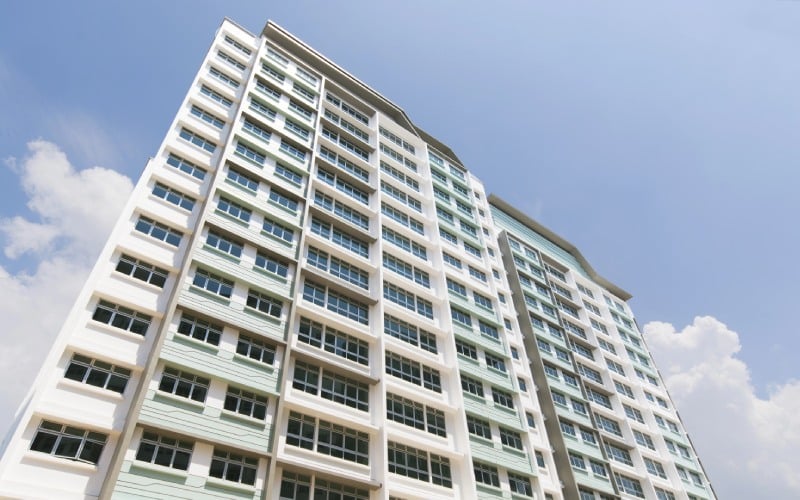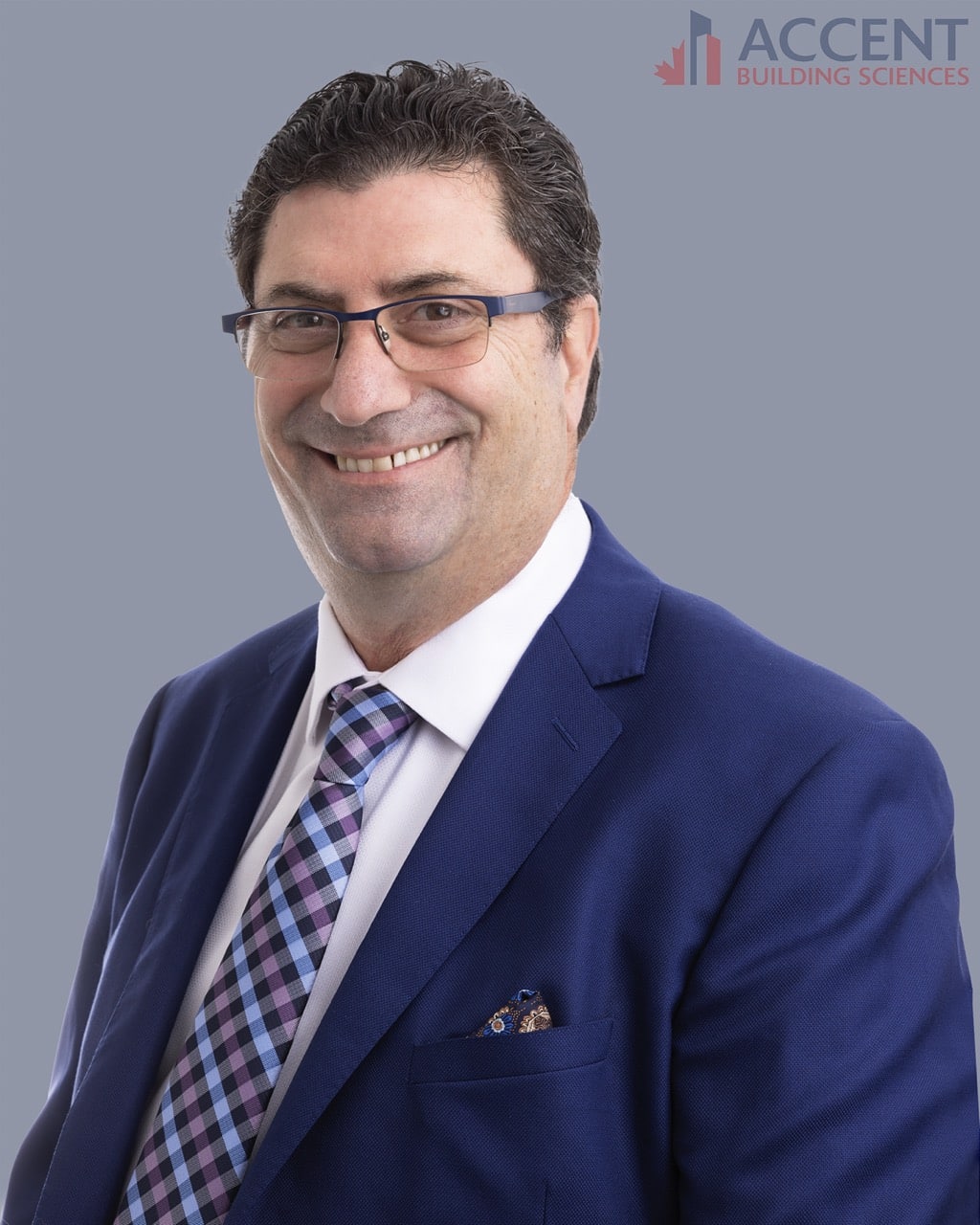500 Hood Road, Suite 320Markham ONL3R 9Z3

An effective and well-funded condo reserve fund is critical to allow condo boards to complete planned repairs and unexpected work promptly. It ensures financial preparedness, preventing the need for special assessments and minimizing disruptions to residents. A robust reserve fund protects a property's integrity and enhances the overall value and attractiveness of the condominium community.
The Condominium Property Act mandates condominium corporations to establish a separate reserve fund for major repairs, requiring a qualified professional to conduct a reserve fund study with estimated required reserves. This study identifies the life expectancy and costs of common elements. With a comprehensive reserve fund planning program, a condo corporation can anticipate and adjust its funding to ensure adequate resources for future work - planned or unexpected.
The Condominium Act outlines three levels of reserve fund studies under these requirements, to ensure condo corporations are financially prepared on an ongoing basis for building maintenance and reparation needs.
A Class 1 reserve fund study is conducted within the first year of a condominium's registration. It may also be required after major damages, repairs or replacements, ensuring that the reserve fund remains aligned with the current state of the property. This flexibility allows for adjustments when significant changes affect the condominium's infrastructure.
This initial study creates a foundation for the condominium corporation's long-term financial planning. The major components of common areas are thoroughly assessed. The remaining useful life of building components are assessed, and the anticipated costs for repair or replacement over the next 25 to 30 years are determined. This study needs to be comprehensive to appropriately identify an accurate baseline for the reserve fund.
During this study, a qualified professional, often an engineer or an architect, conducts a thorough site visit to inspect and evaluate the major elements of the common areas and components. This includes, but is not limited to, the building envelope, roofing systems, HVAC systems, elevators, parking lots, and other structural elements as well as common interior areas and amenities. The professional assesses the current condition of these components to estimate their remaining useful life and anticipated costs of repair or replacement.
The study goes beyond a basic inspection; it involves detailed analysis and testing of specific elements. For instance, a building envelope may undergo more in-depth inspections to identify potential water infiltration points, and structural elements may be closely examined or tested to ensure the building's stability. A comprehensive report is developed to not only outline the current state of the property but also provide the basis for a robust funding plan to meet future capital expenses.

Class 2 reserve fund studies involve a site visit and aim to update a study and plan that is in place. They are conducted every three years, alternating with a Class 3 study. The purpose of the Class 2 study is to reassess the state of the common elements, taking into account any changes or deterioration that may have occurred since the last assessment. The site visit features a hands-on inspection and assessment of the property, to ensure that the current condition of building elements is accurately represented, so the reserve fund plan is accurate and up-to-date. Any changes or deterioration since the last assessment are noted and taken into consideration.
Specifically, the professional will examine the wear and tear on elements identified in the previous study, checking for any unforeseen issues that may have risen, and updating the cost estimates based on the current market conditions. Again, the goal is to ensure that the reserve fund plan will be effective, based on the current, actual state of the property so that the funding strategy remains aligned with the condominium's financial needs. Informed changes can be made to the plan to leverage extra funds or resolve issues due to insufficient funds.
Unlike Class 1 and Class 2 studies, Class 3 studies do not involve a site visit; they update an existing reserve fund study without physically inspecting the property. Instead, they help to address any changes in costs, construction practices, or other relevant factors, so financial planning can be adjusted as necessary. They alternate with Class 2 studies every three years.
The professional responsible for the study reviews and revises cost estimates, taking into account changes in construction practices, material costs, work completed in the previous three years, and other relevant factors. These changes are assessed to ensure that the reserve fund plan remains accurate and reflects any adjustments necessary to compensate for evolving economic landscapes. This type of study is a cost-effective way to keep the reserve fund plan current and effective as financial and market conditions continue to change.

ABSI is a leader in reserve fund study services. Our experienced team of professional engineers and building specialists provide thorough inspections and comprehensive reporting for industrial, commercial, and standard condominiums. Our expertise ensures accurate assessments and detailed depreciation reports, to enable more effective financial planning and sustainable reserve fund management.

Naji Hassan, a renowned professional in Building Science and Engineering, brings a wealth of knowledge and experience to his field. Educated at Beirut Arab University and Harvard Business School Online, Hassan has honed his expertise in structural and municipal engineering, building science, and business management. As the President of Accent Building Sciences and an experienced Senior Project Manager, he has made significant strides in building envelope engineering, building condition assessments, and energy retrofit programs. His commitment to innovation and excellence is evident in his approach to large-scale project management and his active participation in industry organizations. Hassan is not only a leader in his field but also a prolific writer and thought leader. He regularly shares his insights and experiences through articles on LinkedIn, which can be found at LinkedIn Articles. Additionally, he maintains a blog where he delves deeper into various aspects of building science, accessible at Accent Building Sciences Blog. Outside of his professional pursuits, Hassan enjoys travel, golf, languages, gardening, and music, reflecting his diverse interests and well-rounded character. Naji Hassan's journey in building science and engineering is not just a career but a testament to his lifelong dedication to learning, teaching, and inspiring others in his field.

500 Hood Road, Suite 320Markham ONL3R 9Z3